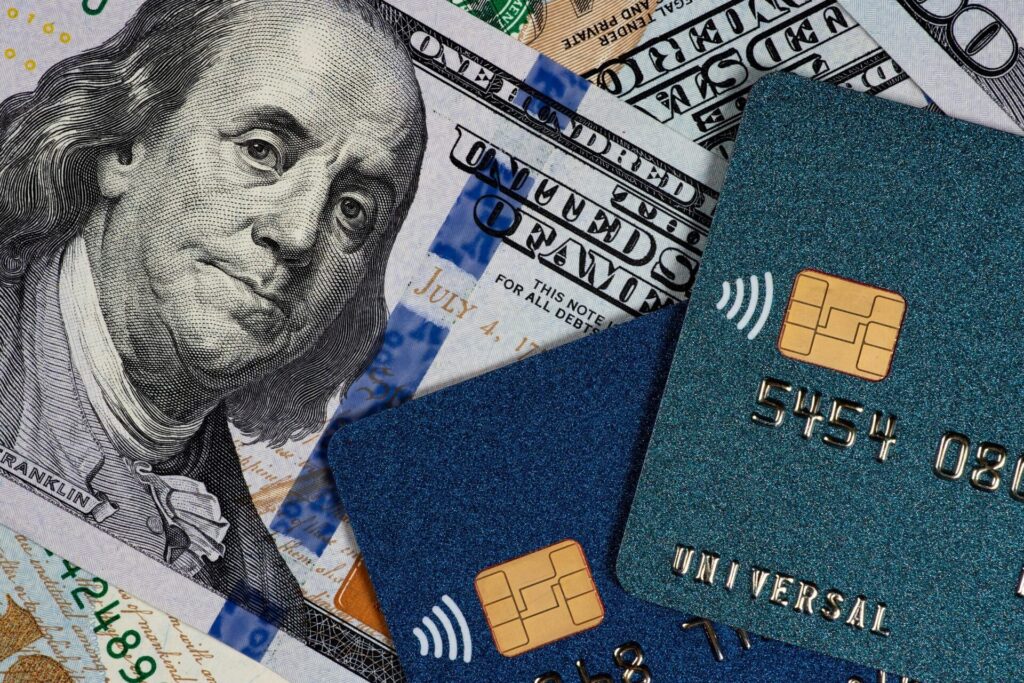Credit score— the 3 digit magic number that controls your future. While you probably have a general idea of what your credit score means, some things that affect your credit score may surprise you.
Your Payment History
Payment history is the main factor affecting your credit score. It accounts for about 35% of your credit score for many scoring models. Your payment history basically reflects your financial habits — whether you’ve paid your bills on time or missed payment. Try your best to pay your bills on time and set up auto payments if possible.
Debt Owed
The amount of debt you owe accounts for 30% of your credit score. It identifies whether or not you’re a high-risk borrower. That debt also called your credit utilization ratio. It is calculated by comparing your credit limit—to how much of the credit you’ve used. For example, if you have no loans and a single credit card with a $150 balance and a $1,000 credit limit, your credit utilization rate is 15%.
Many financial experts advise keeping your credit utilization to 30% or less. Keeping it at or under 10% is even better. Someone carrying less debt is a less risky borrower than someone who’s using quite a bit of his/her credit limit.
Credit History
Credit history affects 15% of your overall score. There are two main factors that a lender looks at:
- The age of your oldest account. An older account with good standing will help your credit score.
- The average age of your combined accounts—calculated by adding up the age of each account and dividing it by the number of accounts you have.
Your Credit Account Mix
Credit mix accounts for 10% of your score. There are two main types of credit accounts that go into that mix, revolving debt—AKA credit cards—and installment debt—AKA loans, such as car loans and mortgage loans. Your credit score is the best when you have a good mix of both.
Credit Inquiries
Credit inquiries make up about 10% of your credit score. There are two types of credit inquiries as soft inquiries and hard inquiries. Soft inquiries don’t show up on your credit report. A hard inquiry will affect your credit score negatively and can lower your score incrementally for some time until your credit begins to climb again. The fewer hard inquiries your credit report, the better.
Worried about how this pandemic will affect your credit score? Take a look at our article – Maintaining Your Credit Score During Coronavirus.










